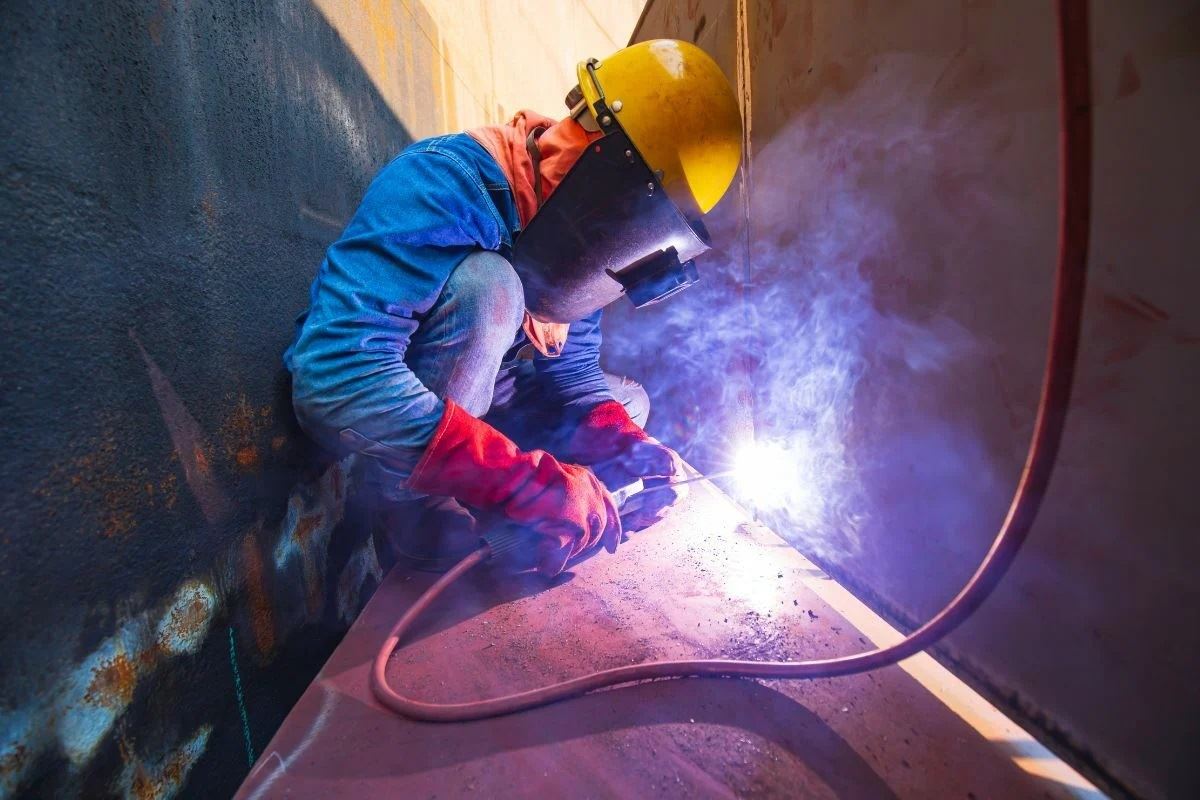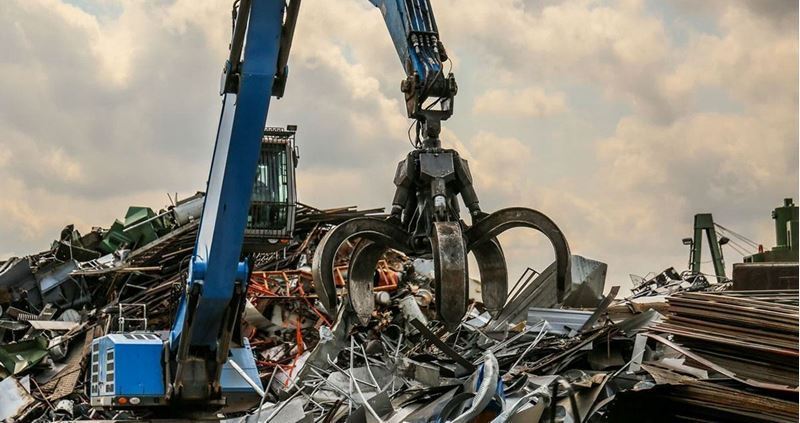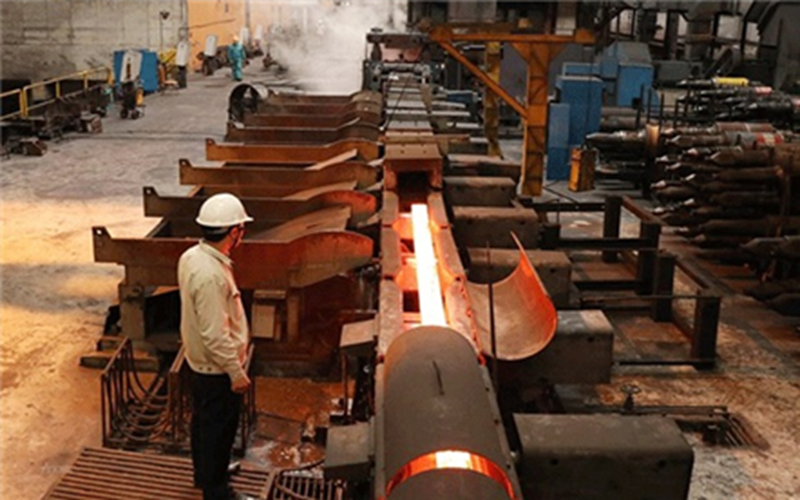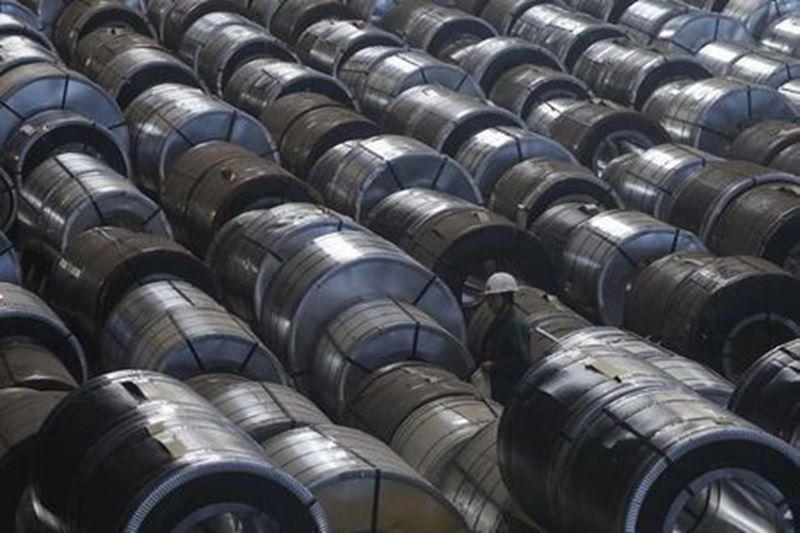The Thai steel market faces a period of recession in 2023, with consumption levels estimated to only reach last year's level of 16 million tonnes. If the predictions and expectations come true, the recession will inevitably continue due to the lack of increase in consumption.
The forecasts and predictions previously shared by EAF Long Product Steel Producers Association President Chaichalerm Bunyanuwat drew attention to several reasons for a stagnant course in this direction. The main factors are the very slow resumption of major state-owned infrastructure projects and high debt levels with consumers weakened by weak purchasing power.
Moreover, according to Chaichalerm Bunyanuwat, it is not yet possible to expect a change since we have not yet encountered any positive factors that will increase steel consumption this year. For example, since it takes time for the tourism sector and the economy to gradually recover, it causes general consumer spending to be cautious.
There is a possibility that domestic steel sales may increase in the last quarter. The potential increase depends on the start of new construction projects and farmers purchasing steel materials for home or farm repairs. However, this optimism has waned as there is doubt and concern about the ability of the newly formed Srettha Thavisin government to accelerate infrastructure development.
Especially after the EU implemented the Carbon Border Adjustment Mechanism (CBAM) on October 1, there was a fear that cheap steel imports might stop in Thailand. This possibility places restrictions on products that create high levels of carbon dioxide emissions during production with CBAM.
It is planned to give priority to green factories with the transition starting in October. Importers of a wide range of iron, steel, aluminum, cement, fertilizers, electricity, and hydrogen will have to report the greenhouse gas emissions of their imports to the EU. The regulations require the trending green production methods. The predictions consider this transition period to be a bit risky for some markets.
It was also noted that as of January 1, 2026, importers will be obliged to pay taxes for CBAM certificates. In other words, a different practice will be implemented than reporting, which currently has no economic dimension.
Chaichalerm, after the slowdown in steel consumption in their country; He noted that it is considered possible for China and Vietnam to supply the ASEAN market with more steel. Concerns about this are related to local steel producers' fear that cheap steel imports in the Thai market will decrease and their production will not meet global standards.









Comments
No comment yet.